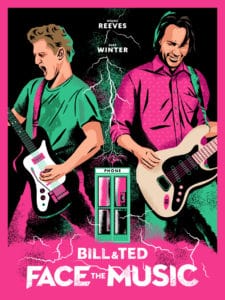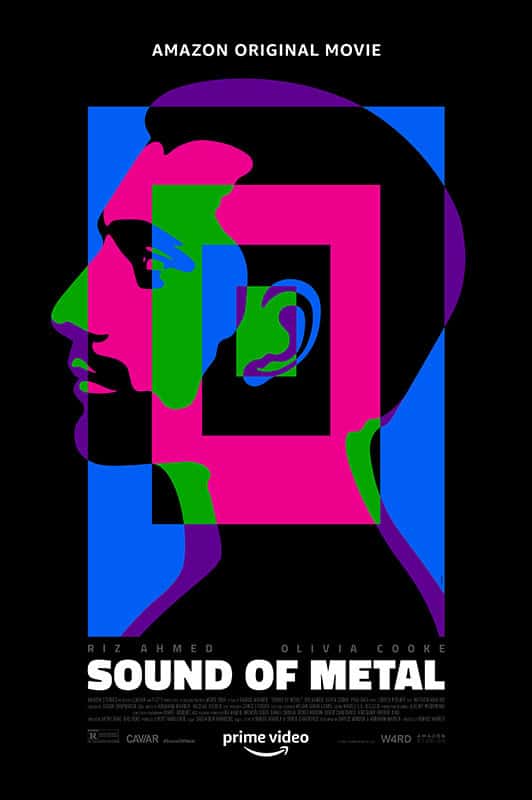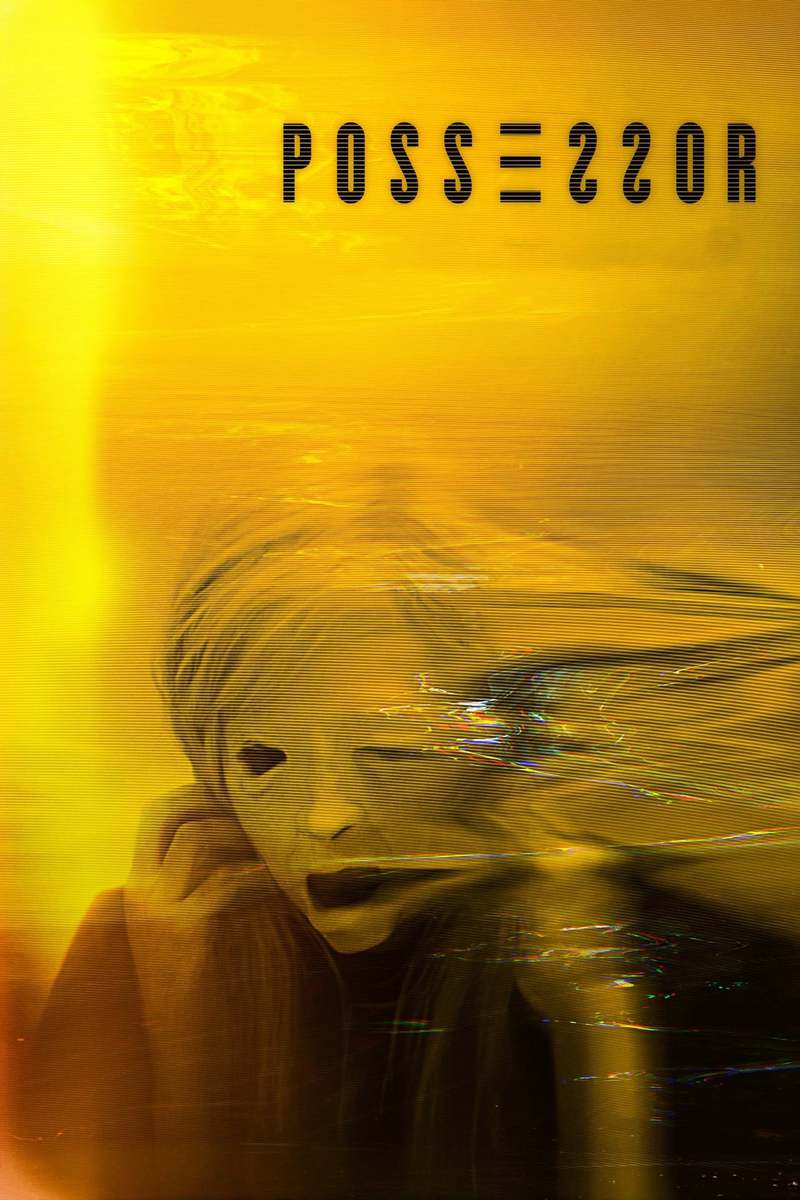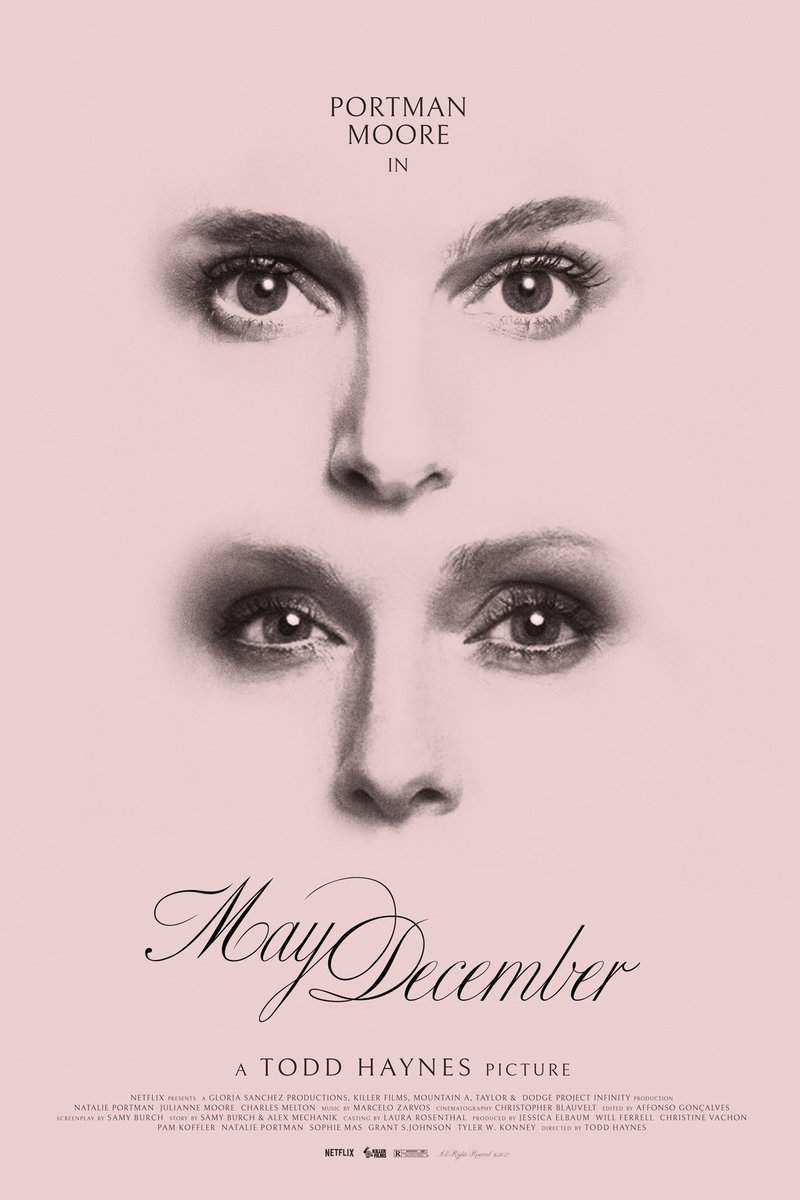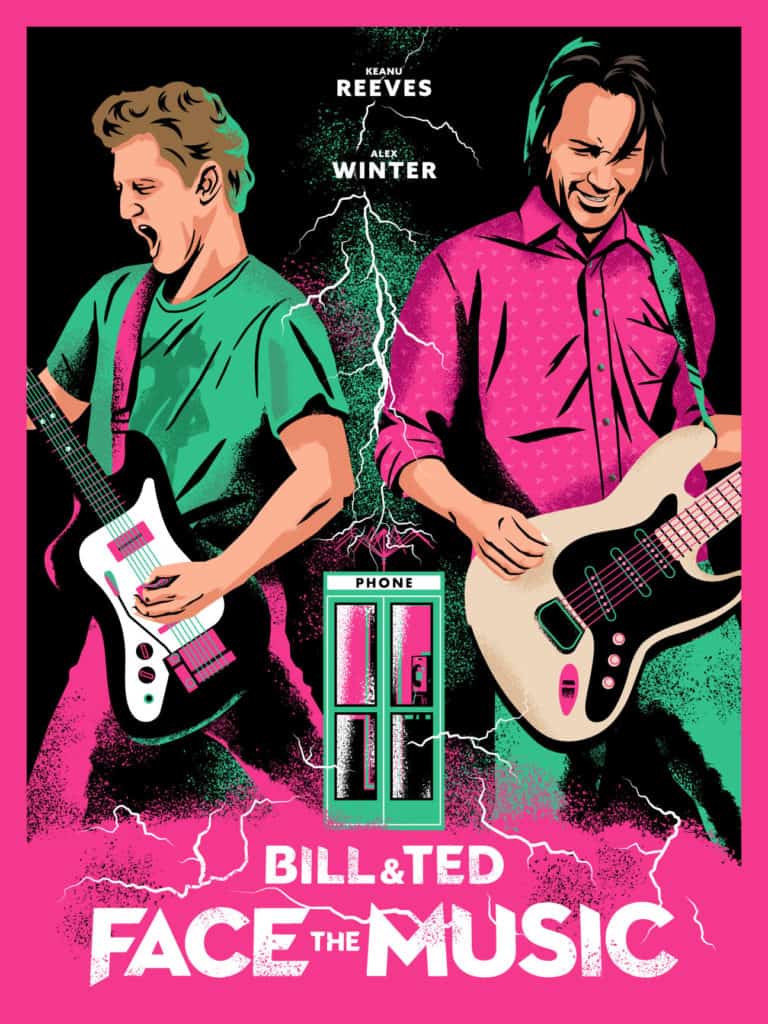
An extended wait for the next entry of a series can raise anticipation, but also skepticism. I fell into the latter category upon hearing that, after nearly thirty years, a new Bill and Ted film was coming. But composer Mark Isham swept my skepticism away with his most excellent score to Bill & Ted Face the Music. The score takes a few minutes to build up momentum. But once it does, Isham unleashes some heavy guitar riffs and fluttering electronics, melding the duo’s rock roots with their new 21st century setting. There’s tension and danger throughout, but in the end it’s a much-needed fun experience that serves as a satisfying follow-up.
A Taste of the “Old World”
Though Nami Melumad has apparently scored over 100 projects in the last decade, her work with Michael Giacchino on An American Pickle will surely serve as her breakout. The duo brilliantly mixes more modern Western film scoring orchestrations with traditional Eastern European music and Klezmer. These latter moments are the score’s highlights and are done so well that they avoid even the inclination of being gimmicky. The musical combination becomes a perfect corollary of the film’s two characters: the “old world” of Herschel Greenbaum (who’s been transported 100 years into the “future” and awakes in our present), and the “modern” of his great grandson Ben.
Another score that touches on this “old world” feeling is Dario Marianelli’s Pinocchio, whose folk elements and touches of accordion build a believable 19th century fairytale. It’s a gentle, elegant score that occasionally exudes a dark whimsy rarely heard (particularly in the track “The Night of the Assassins”). The main theme builds upon a duo of guitar and recorder to create a caressing, hopeful feeling; it appears throughout the score, saving Pinocchio at the direst moments in his quest to become a real boy.
Experimental and Noisy
I love getting a visceral, almost involuntary reaction to music, but the experience is a rare one. About two minutes into Mondo Boys’ score for She Dies Tomorrow I felt sick to my stomach. I couldn’t wait to hear the rest. Composed of droning electronics, tortured vocals, pummeling drums, and manipulated samples of Mozart’s Requiem, She Dies Tomorrow is a harrowing, draining experience. It envelopes the listener in crushing despair, sapping them of energy and life. Fortunately, the score runs just under twenty minutes; any longer and the slow-moving requiem would be too much to handle. (I also did a short video talking about this score, which you can find here).
I don’t do enough coverage of film scores that release outside of Western Europe and the United States, so it was great finding Ding Ke’s score to Wisdom Tooth. The bulk of his score consists of female vocalizations with minimal musical backing, creating a wounded, ethereal atmosphere. It’s loosely reminiscent of Tamar-kali’s Shirley, which similarly used the vocal technique (uncommon in film music). Ding Ke juxtaposes these gentle melodies with discordant saxophone and grating noise – they scream pain and ruin. Wisdom Tooth is only Ding Ke’s third feature score, positioning him to be at the forefront of experimental film music for years to come.
A Few Other Notable Scores
Unfortunately I can’t write about every great score released in a given month. That said, here are a few of my other favorites of August:
- Una Chica Invisible by Pablo Crespo
- The Silencing by Brooke Blair and Will Blair (Interview)
- Chemical Hearts by Stephen James Taylor
- The Pale Door by Alex Cuervo
- Search and Destroy by Lucas Bakker and Tyler Forrest
